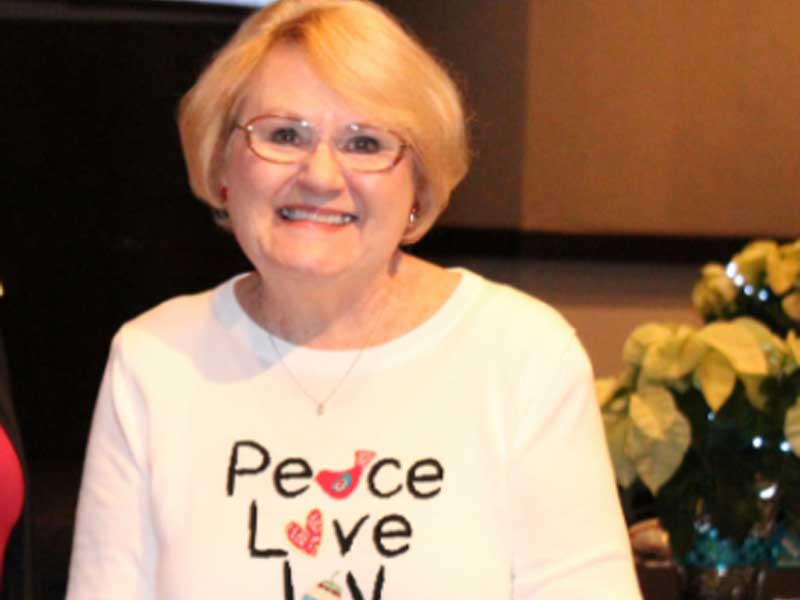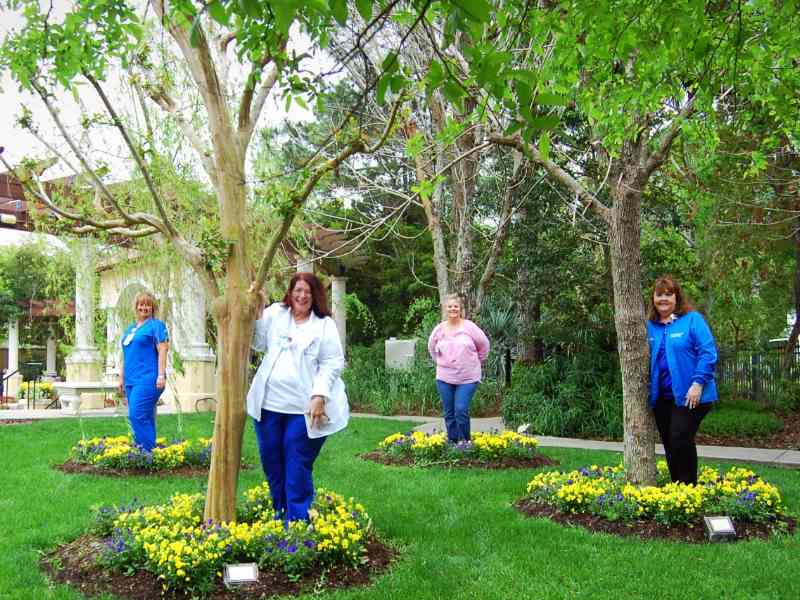
Health News
Features
-
Pattie Johnson, LVIM’s 2018 Volunteer of the Year
When a patient makes an appointment at the Lakeland Volunteers in Medicine clinic in Lakeland, there’s a good chance that someone along the way, they will be in contact with Pattie Johnson. And if that’s the case, they are in good hands. Johnson, who has volunteered for the organization for 15 years, was named LVIM’s…
-
Keeping Seniors Safe: New Senior Protection Team Looks to Stop Elder Crime & Abuse
By MATT NORMAN Most seniors today live active, vibrant lives. Still, there are many factors that make them vulnerable to all sorts of abuse, neglect, and especially scams and fraud. Due to its moderate winters and frequent sunny days, Florida is a popular retirement or winter location for over five million seniors from all over…
-
Breath of Life: Local Nurses Provide Community with Valuable CPR Training
by TERESA SCHIFFER It is estimated that more than 359,000 cardiac arrests take place outside of a hospital setting in the U.S. each year, and only 32 percent of victims receive CPR from a bystander. Unfortunately, 70 percent of Americans either don’t know CPR or their certification has significantly lapsed. Thankfully, Citizen CPR is working…
Columns
-
Healthy Cook: Culinary tips for the caregiver turned chef
There is no denying that our taste buds age with the rest of us. They get tired, just like our knees and hips. Doctors can replace some worn-out parts, but have you ever heard of a taste bud implant? One of the burger chains uses a slogan something like, “You Gotta Eat.” Well, it’s true. …
-
Word of Mouth: Myths about implants debunked, part II: Are they effective?
Working like your own teeth, dental implants are imbedded in your jaw bone; they offer a superior option over bridges and dentures. Implants look and feel like your natural teeth, but you may worry that they won’t be effective long-term. Look to the facts when considering the effectiveness of implants. Myth: Dental Implants are too…
-
Ask a Nurse: Alzheimer’s is Type 3 Diabetes!
In 1906, a German neuropathologist Dr. Alois Alzheimer first identified what is now considered Alzheimer’s Disease (AD). He was caring for a middle-aged woman suffering from memory loss and disorientation. Just a short five years later, the woman passed away after enduring the torment of hallucinations and symptoms of dementia. Currently “the presence of neurofibrillary…





